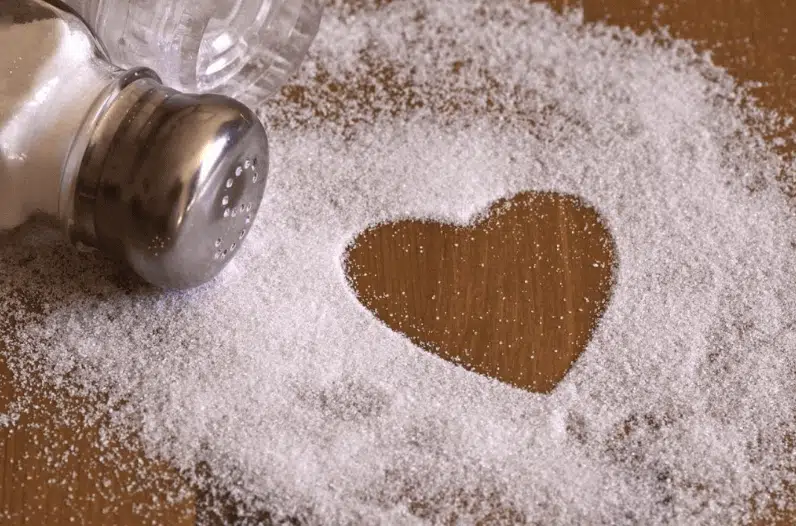HERE’S WHY YOU NEED SALT IN YOUR DIET

Preventing heart failure is just one of the reasons. Read on to learn more.
29th June, 2020
Be it pink or white, a pinch of salt is essential for good health. Of course, given the amount of natural salt present in almost all foods we consume daily, it’s important to keep track to prevent health issues caused by excess intake. On the other hand, a very strict diet could cause a drop in sodium (salt = sodium + chloride), which is needed to help in nerve and muscle function, control blood volume, and maintain electrolyte and fluid balance along with potassium.
The requirement of sodium per person varies depending on their physical activity, sweating. Here are a few guidelines by several institutes:
-As per Institute of Medicine (IOM), a healthy individual needs 186mg of sodium per day.
-World health organisation (WHO) suggests intake of 2000mg of sodium per day.
-American Heart Association (AHA) suggests intake of 1500mg of sodium per day.
It is recommended to keep the salt intake to less than 5gm per day to prevent risk of high blood pressure and coronary heart ailment.
What will happen if you consume less salt?
- Hyponatremia: Means low level of sodium in blood, which can lead to symptoms of dehydration like headache, dizziness, coma and can be fatal too.
- Heart Failure: There have been several debates on this topic ,and more evidence and research is needed. Restricting sodium in people with heart conditions has proven beneficial in many studies, yet there are few studies which have seen increased risk of heart failure and chances of hospitalisation in patients on a low sodium diet. Hence, a heart patient must consult their respective doctors and dieticians for right intake of salt.
- Increase in insulin resistance: A study done in 2016 published in a journal of clinical nutrition research portrayed that a sodium-restricted diet decreases water in the body, which affects the hormones like renin, angiotensin and epinephrine that affect the activity of insulin and causes insulin resistance. But further research is needed.
What should be a complete NO-NO?
- Processed foods
- Instant soups/noodles
- Chinese sauces
- Salted candies
- Excess consumption of breads
Who should restrict salt intake?
Under the guidance of physician/ nutritionist patients with high blood pressure/ swelling problems/ who have salt sensitivity should restrict salt intake. From a point of view of a healthy lifestyle, everyone should avoid adding extra table salt. Whatever is used in cooking suffices the daily needs.

